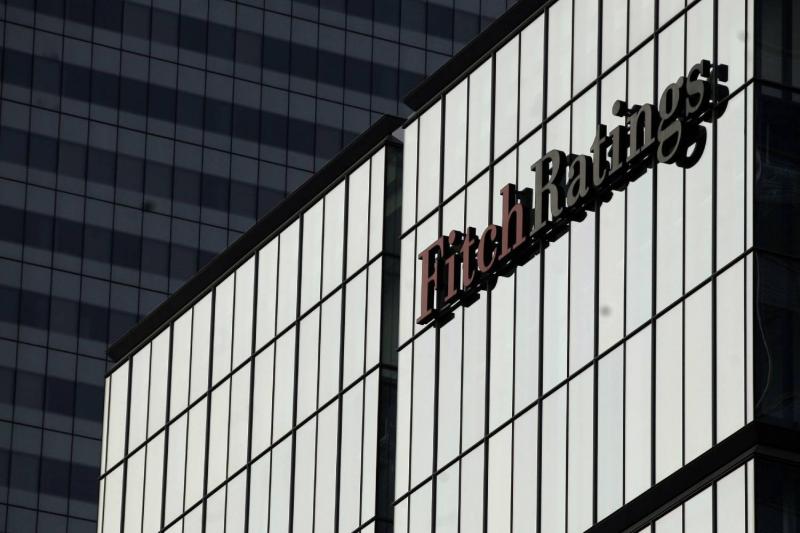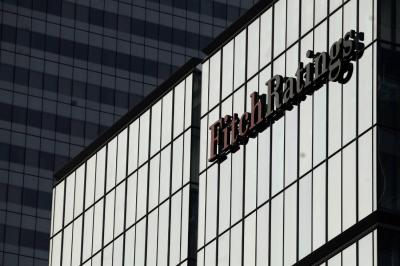Fitch Ratings has announced that the prolonged impact of the COVID-19 pandemic and the sharp decline in oil prices last year will lead to a financial deficit in most Gulf nations' budgets during the current year 2021. It is expected that some countries in the region will see improvements in their financial conditions thanks to the recovery of oil prices and the easing of production restrictions; however, the deficit will remain significant, especially in Kuwait and Bahrain, according to Fitch's report published today, Tuesday, which also predicts that only Abu Dhabi and Qatar will achieve a fiscal surplus.
According to the report, "The high oil prices needed to achieve fiscal balance illustrate the challenges of public finance reform, and in most cases, these prices remain much higher than current or forecasted oil prices." Fitch forecasted that the average price of Brent crude will be $58 this year, but its long-term forecast is $53.
Fitch estimates that Bahrain requires a price of about $100 per barrel to balance its budget for 2021-2022, Kuwait needs over $80, while Saudi Arabia and Oman need approximately $70. Currently, Brent is trading at around $66.
In addition to oil revenues, the COVID-19 virus continues to put pressure on the coffers of Gulf countries, as some nations have reimposed restrictions on economic activity. Fitch stated, "A new wave of infections continues to disrupt growth in foreign income, public finances, employment, and GDP."
The agency predicted that Abu Dhabi will record a fiscal surplus of 1.1%, and Qatar will record 2.4% of GDP, while it expects Saudi Arabia, the largest economy in the Gulf, to incur a deficit of 5.3%.




